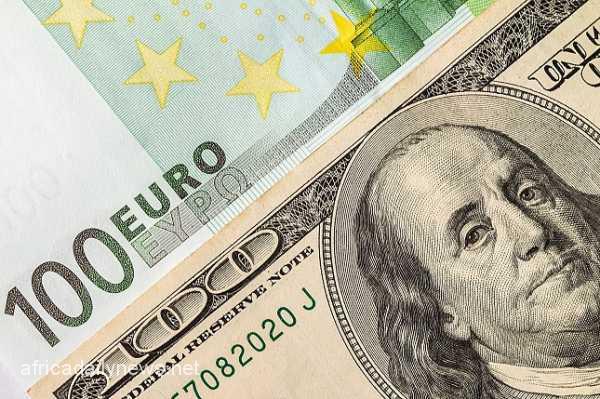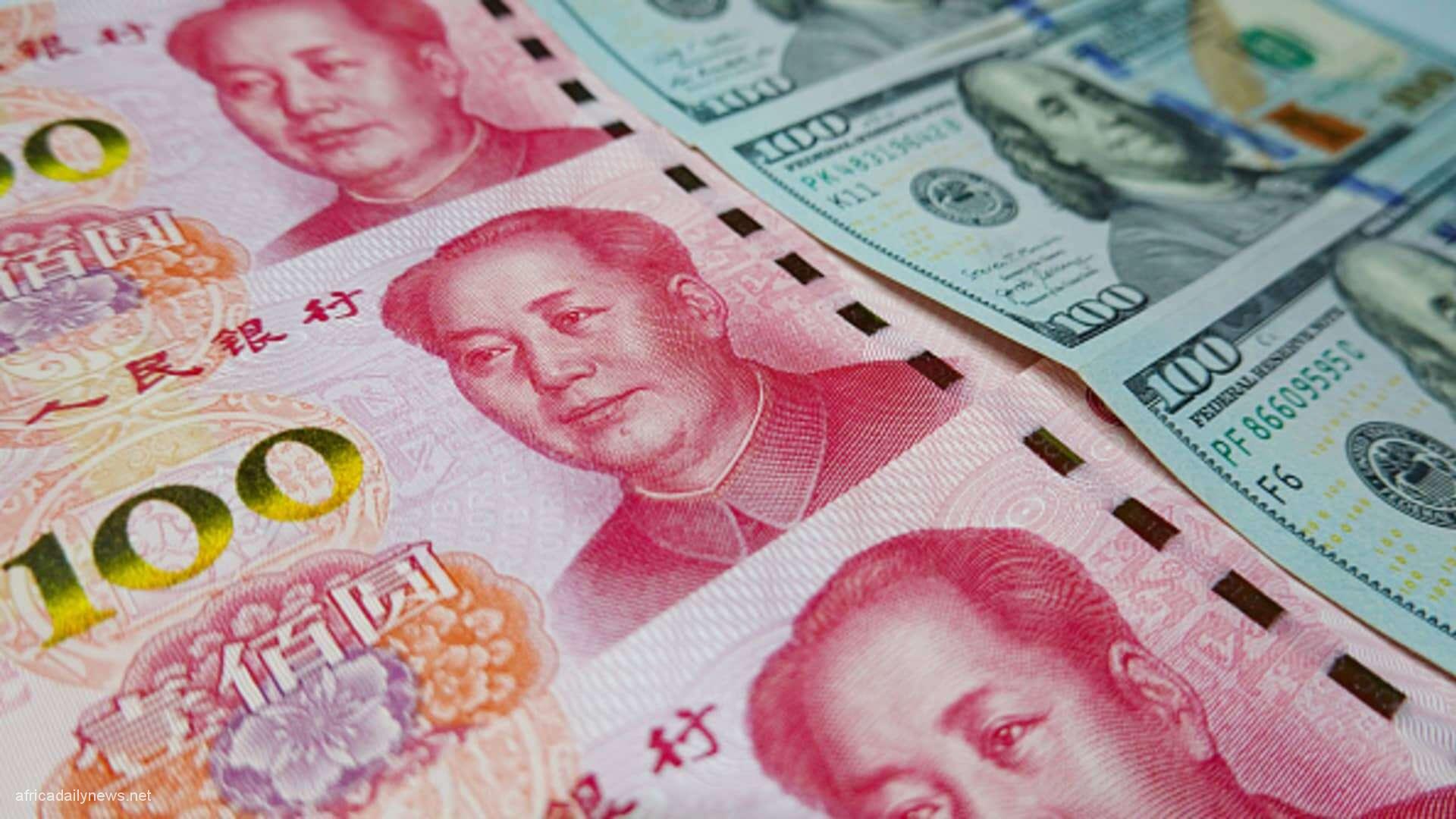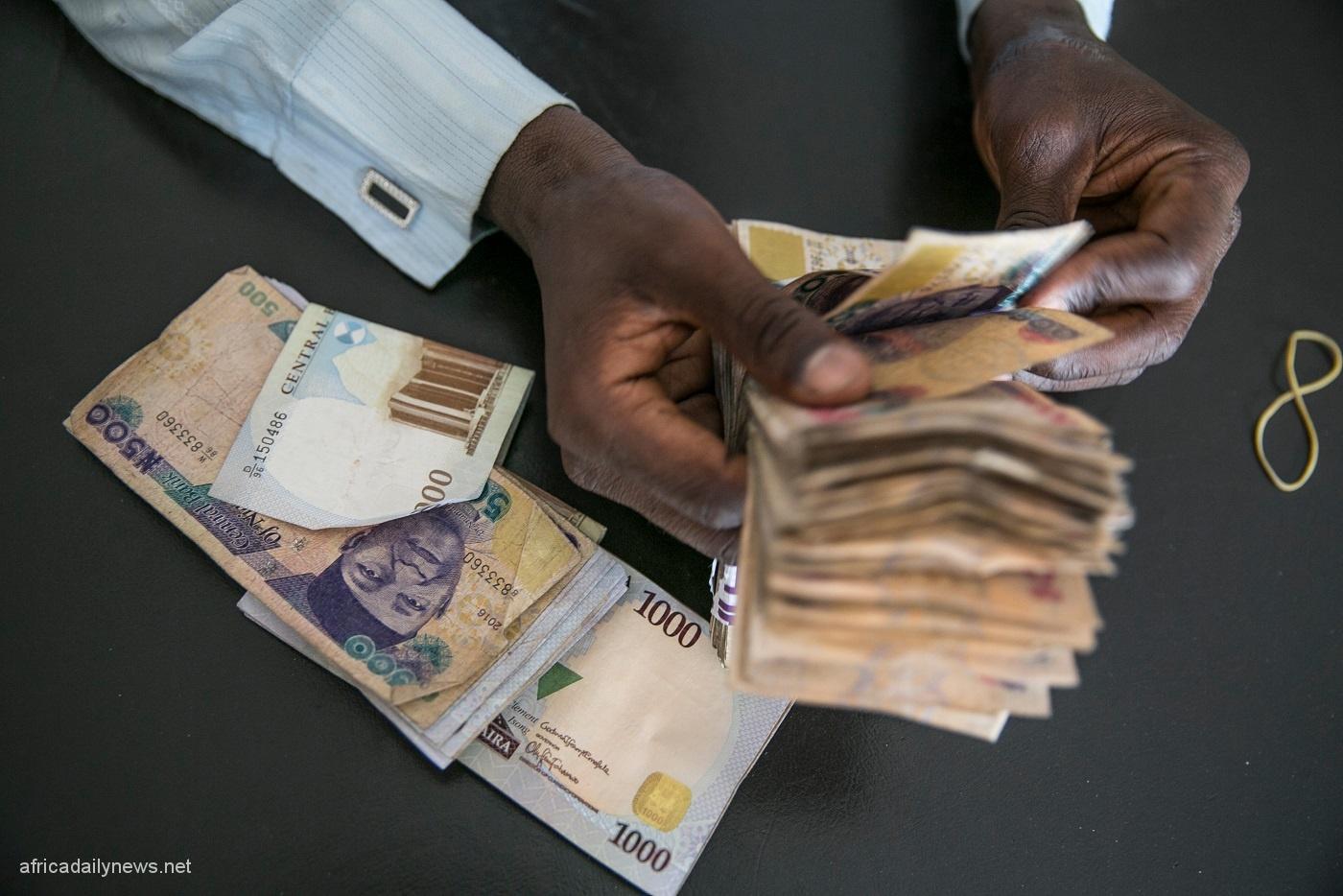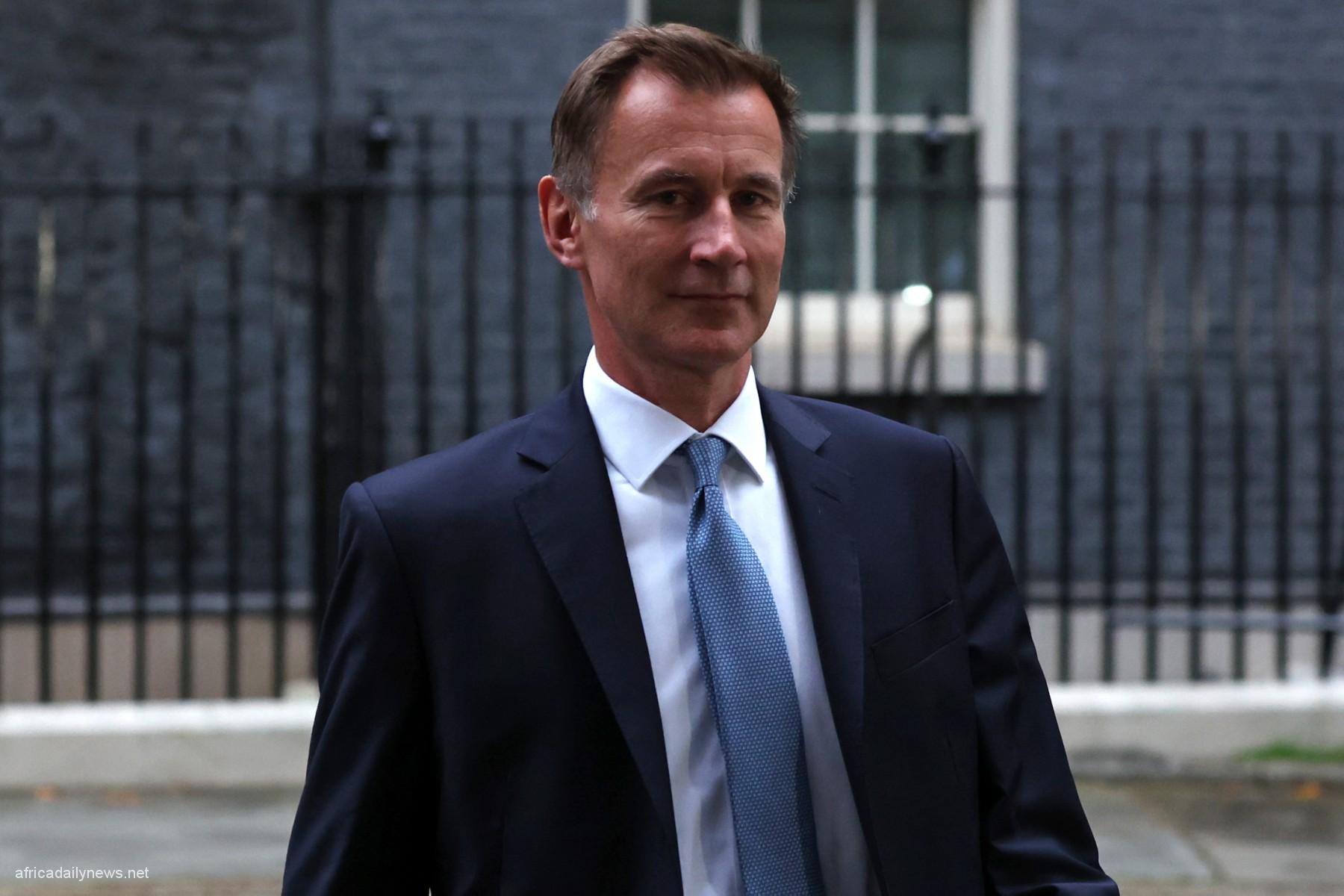The euro on Friday sank close to a two-year low under $1.10 as the Ukraine conflict continues to cloud the eurozone’s economic recovery from the Covid-19 pandemic which it is still trying to recover from.
The European single currency slid in late morning deals to $1.0992, the lowest level since May 2020, as the greenback benefited also from its status as a haven investment.
Traders have continued to provide varied explanations for the drop, including a tweet from President Donald Trump in which he said the euro was dropping ‘like crazy’ and lamented the strength of the U.S. dollar, attributing the trend to Federal Reserve policy.
The crisis in Ukaraine has continued to affect the European economy in more definite ways.
Others argued that the move came as traders closed out their books for the end of the month, heightening an existing bias.
The euro was last trading at $1.0990 against the dollar, down 0.61% on the day.
Read Also: Nigerian Fighters Must Provide $1,000 For Ticket – Ukraine
Weighed down by geopolitical risks and changing monetary policy expectations globally, the euro fell to as low as $1.0999 as Russian forces occupied the site of Europe’s largest nuclear power plant Friday.
Russian Forces Occupy Site of Nuclear Plant as Fire Contained
Africa Daily News, New York reports that since topping $1.23 in early 2021, the euro has consistently struggled against the dollar as the U.S. Federal Reserve from all indications is preparing a tightening cycle which is expected to widen the rates gap between it and the European Central Bank. More recently, geopolitical risks from Russia’s invasion of Ukraine has fueled a haven bid into the greenback, with Europe’s economy more exposed to Russian sanctions.
The euro-dollar pair is near a trend line that has been in place since 1999 and a close below that line potentially opens further downside risks for currency.
AFRICA DAILY NEWS, NEW YORK










